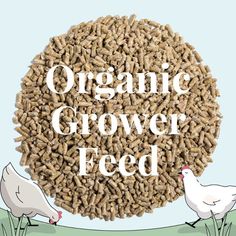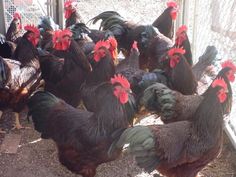Ensuring that your local chickens receive high-quality feed is paramount to their health, productivity, and overall well-being. Good nutrition directly impacts growth rates, egg production, and disease resistance. Here’s a comprehensive guide on how to source quality feed for your local chickens:
1. Understand Your Chickens’ Nutritional Needs
Before sourcing feed, it’s crucial to understand the specific nutritional requirements of your chickens. Chickens need a balanced diet consisting of:
- Proteins: For growth and egg production.
- Carbohydrates: For energy.
- Fats: For energy and nutrient absorption.
- Vitamins and Minerals: For overall health and immune support.
- Water: Essential for all bodily functions.
2. Choose the Right Type of Feed
Local chickens can be fed various types of feed, including:
- Starter Feed: High in protein, designed for chicks up to 8 weeks old.
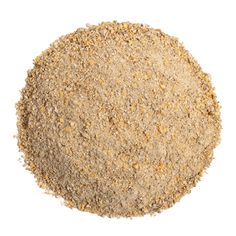
- Grower Feed: Slightly less protein than starter feed, for chickens from 8 to 20 weeks old.
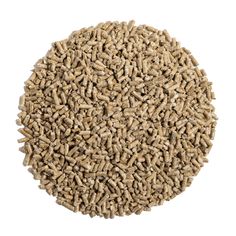
- Layer Feed: Formulated for hens that are laying eggs, rich in calcium.
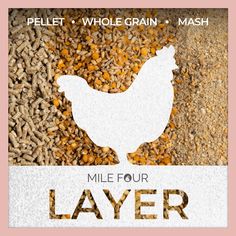
- Broiler Feed: High-protein feed for meat chickens.
3. Look for Reputable Suppliers
Sourcing feed from reputable suppliers ensures quality and consistency. Here’s how to find reliable suppliers:
- Local Feed Mills: These can provide fresh, locally-produced feed.
- Agricultural Cooperatives: Often offer bulk purchasing options and high-quality feed.
- Verified Online Retailers: Look for well-reviewed online stores specializing in poultry feed.
4. Check Feed Quality
When evaluating feed quality, consider the following:
- Ingredients: High-quality feed lists specific ingredients such as corn, soybean meal, fish meal, and essential vitamins and minerals. Avoid feeds with excessive fillers.
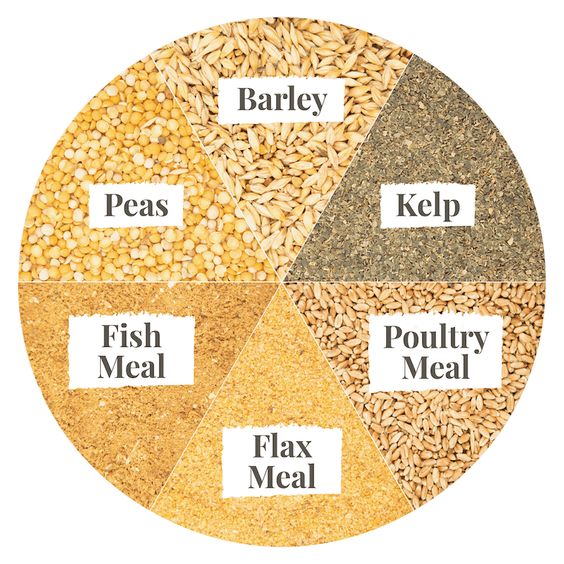
- Freshness: Feed should be free from mold, rancidity, and pests. Fresh feed has a pleasant smell.
- Nutritional Analysis: Check the feed bag for a nutritional analysis label. Ensure it meets the dietary requirements for your chickens’ specific stage of life.
Not to mention, our company can help you to start by giving you all the necessary information you need to get started if not yet in the business. Please check our online shop, we have all the standard business proposals for different capacities at very a cheap price made by the best agricultural specialists as well as Standard design plans that are made by the best agricultural architects around the globe. please visit our online shop now using the links below to witness by yourself
Design plans (FARM HOUSE DESIGNS – Kimd Construction & Farm Consultants)
Business plans (BUSINESS PLANS & PROPOSALS – Kimd Construction & Farm Consultants)
Welcome back from visiting our shop, hope you have placed your order for any of our products or you can place it after navigating more of our informative articles.
So let us continue with the article!
5. Consider Organic or Non-GMO Feed
Organic and non-GMO feeds are increasingly popular due to their perceived health benefits:
- Organic Feed: Made without synthetic fertilizers, pesticides, or additives. Often preferred for producing organic eggs and meat.
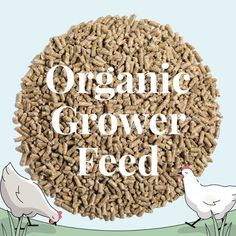
- Non-GMO Feed: Produced from crops that have not been genetically modified.
6. Incorporate Homemade Feed
For those who prefer a more hands-on approach, making homemade feed can be a cost-effective and customizable option. A basic homemade feed mix might include:
- Corn or Maize: Main energy source.

- Soybean or Fish Meal: Protein source.
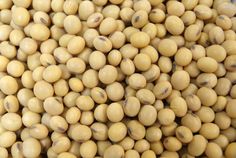
- Oyster Shells or Limestone: Calcium source for laying hens.
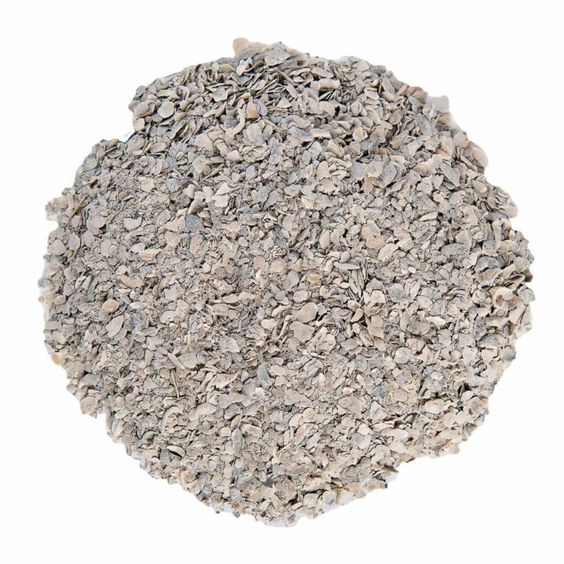
- Vegetable Scraps and Greens: Provide vitamins and minerals.

7. Supplement with Kitchen Scraps and Free-Range Foraging
Supplementing commercial feed with kitchen scraps and allowing chickens to forage can provide additional nutrients:
- Kitchen Scraps: Vegetables, fruits, and grains can be fed in moderation.

- Free-Range Foraging: Allows chickens to consume insects, seeds, and grasses, which can enhance their diet
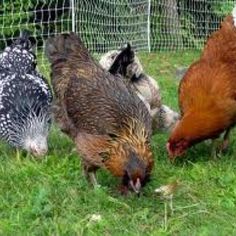
8. Regularly Monitor and Adjust Diet
Regularly assess the health and productivity of your chickens to determine if their diet needs adjustment. Signs of a well-balanced diet include:
- Healthy Weight: Chickens should have a good body condition.
- Bright Feathers: Shiny and well-kept feathers indicate good health.
- Egg Production: Consistent laying patterns for layer hens.
Conclusion
Sourcing quality feed for your local chickens is a vital aspect of poultry farming. By understanding their nutritional needs, choosing reputable suppliers, checking feed quality, and supplementing their diet, you can ensure your chickens thrive. Whether you opt for commercial feeds, organic options, or homemade mixes, providing balanced and nutritious feed will lead to healthier, more productive chickens.
Explore more about how to fit a 4 milkers structure on a small piece of land

